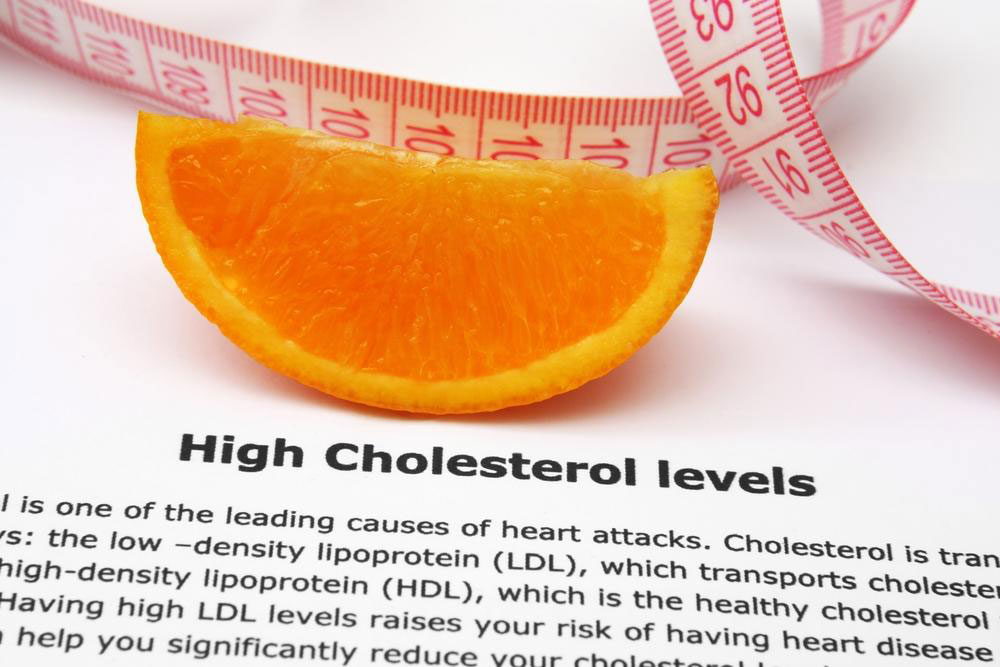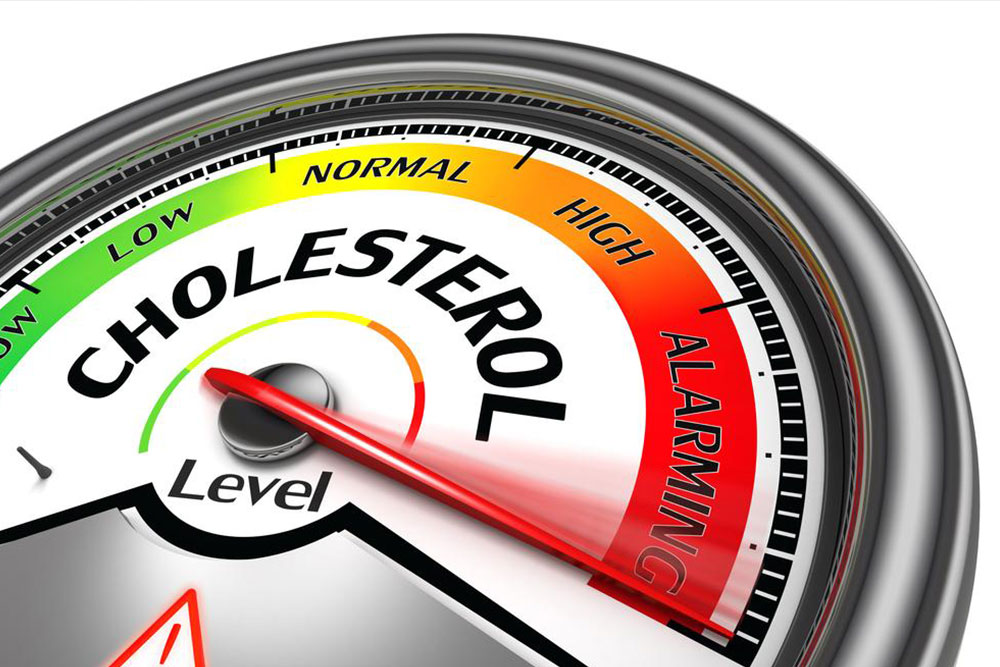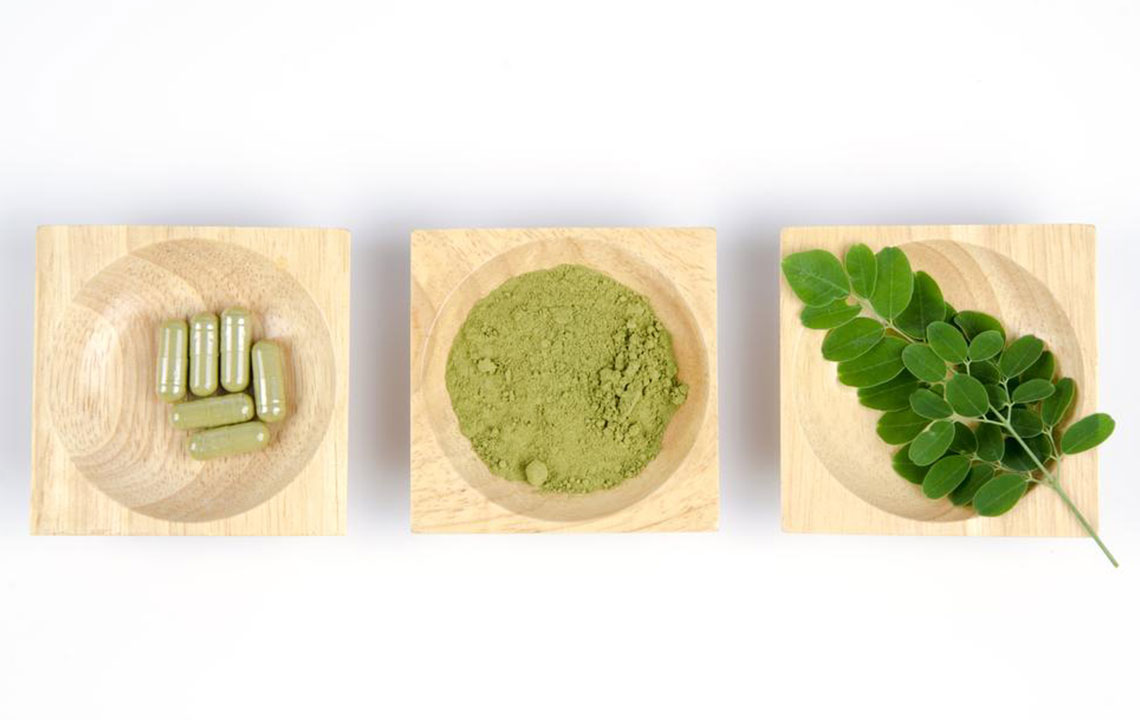Comprehensive Natural Strategies for Managing Hypertension Effectively
Discover effective natural strategies to manage hypertension with lifestyle changes, dietary modifications, and herbal remedies. Learn how regular exercise, stress reduction, and healthy habits can help control blood pressure and prevent complications. Consult healthcare professionals for personalized advice to improve your cardiovascular health naturally.

Comprehensive Natural Strategies for Managing Hypertension Effectively
Hypertension, commonly known as high blood pressure, is a pervasive health condition often dubbed the 'silent killer' due to its asymptomatic nature. Despite producing no obvious symptoms in its early stages, if left unmanaged, it can lead to severe complications including heart attacks, strokes, kidney failure, and other cardiovascular problems. Understanding the importance of natural and holistic approaches to managing hypertension is crucial for maintaining long-term health and well-being.
Several factors contribute significantly to the development of hypertension. Age is a prominent factor, with blood pressure tending to rise as individuals grow older. A family history of hypertension or cardiovascular diseases also increases the risk, highlighting the role of genetics. Lifestyle choices such as excessive salt intake, obesity, sedentary behavior, smoking, excessive alcohol consumption, and sleep disorders further exacerbate the condition. Recognizing these risk factors allows individuals to implement preventive strategies early on, fostering a proactive approach to health management.
Adopting a lifestyle that incorporates regular physical activity is one of the most effective ways to control blood pressure naturally. Engaging in aerobic exercises like brisk walking, cycling, swimming, or jogging at least 150 minutes per week helps strengthen the heart and improve blood circulation. Alongside exercise, maintaining a healthy weight is essential, as excess weight puts additional strain on the heart and arteries, elevating blood pressure levels. Achieving and sustaining a balanced weight through diet and physical activity can significantly reduce hypertension risk.
Dietary modifications play a pivotal role in blood pressure management. A diet rich in greens, fruits, whole grains, lean proteins, and low-fat dairy products supports healthy blood pressure levels. Reducing the intake of saturated fats, trans fats, and processed foods is equally important. Limiting sodium consumption is a well-known strategy; aim for less than 2,300 milligrams of salt per day, with further reduction to 1,500 milligrams for optimal control. Incorporating potassium-rich foods such as bananas, sweet potatoes, spinach, and beans can help balance sodium levels and promote vascular health.
Herbs and natural spices also offer supportive benefits. Garlic, ginger, cinnamon, and cardamom are known for their blood pressure-lowering properties. Consuming these herbs regularly, whether raw or in cooking, can aid in improving vascular function and reducing hypertension risk. Additionally, herbal supplements like hawthorn or hibiscus tea have shown promising effects in certain studies, but it's important to consult with a healthcare provider before incorporating supplements into your routine.
Lifestyle habits such as moderating alcohol intake and quitting smoking are vital components of hypertension management. Excessive alcohol consumption increases blood pressure and hampers medication effectiveness, while smoking causes arterial damage and accelerates cardiovascular disease. Stress management is equally important; chronic stress can elevate blood pressure levels over time. Techniques such as deep breathing exercises, yoga, meditation, and aromatherapy with calming scents like lavender can help reduce stress hormones and promote relaxation.
Avoiding caffeine in excessive quantities may benefit some individuals sensitive to its effects, although moderate intake might be acceptable for others. Prioritizing quality sleep is another crucial aspect; sleep deprivation or disorders like sleep apnea significantly contribute to hypertension. Practices such as establishing a regular sleep schedule, creating a relaxing bedtime routine, and avoiding screens before sleep can improve sleep quality.
Regular health check-ups and blood pressure monitoring are fundamental for early detection and effective management. Keeping track of your readings helps evaluate progress and adjust lifestyle or medication plans accordingly. Always consult your healthcare provider for personalized advice and treatment options tailored to your specific health profile.
In conclusion, managing hypertension naturally involves a combination of lifestyle modifications, dietary adjustments, natural herbs, stress reduction techniques, and consistent medical supervision. Embracing these holistic strategies enhances overall cardiovascular health, reduces dependence on medications, and promotes a healthier, longer life.





